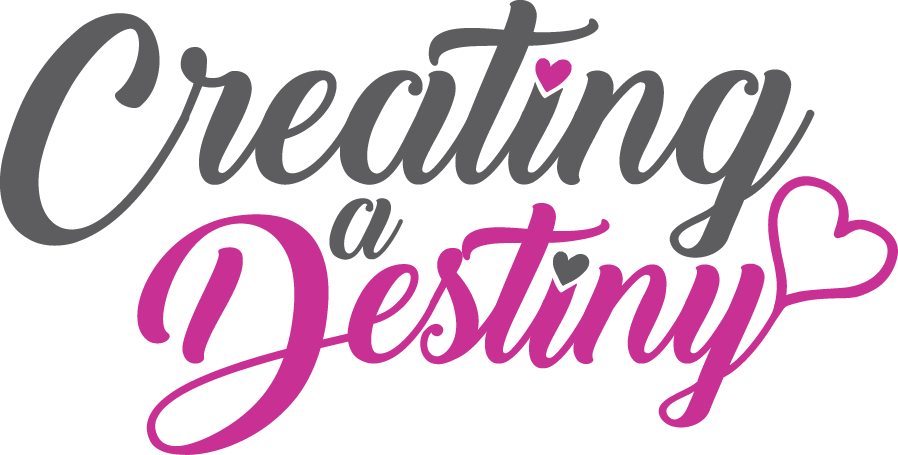How Many Calories Should You Eat to Lose Weight?
I have clients who undereat, usually because they’re trying to lose weight, and they often panic at the thought of eating more. This is usually the case with women, mor than men, but it is possible for everyone. Eating less than it takes to support your body’s healthy tissue can actually cause you to hang onto body fat for two key reasons. First, healthy tissue (muscle, bone, etc.) burns calories by just being on your body. Every bit you lose causes your metabolism to slow down, even if you work out more. Second, too little nutrition triggers your body to go into conservation mode and burn fewer calories.
Here is the formula to figure out how much you should eat:
Step 1:
Your Current Body Weight x 10 = RMR (Resting Metabolic Rate)
Step 2:
RMR X Actitiy Level = DAB ( Daily Activiy Burn)
*10% – Sedentary
*20% – Moderate
*30% – Active
Step 3:
Daily Exercise Calories Burned =
Step 4:
Add Steps 1-3 and subtract 500 calories = Your goal calorie count
Here is my own example:
164lbs X 10 = 1640
1640 x .10 = 160 (I sit at a desk all day, so you only count activity when you’re NOT working out!)
Exercise = 550 calories (estimate from my heart rate monitor averages)
SubTotal= 2350
-500
1850 is my goal calorie count per day

If you do not know how many calories you are burning with an exercise program, you may be able to find a chart online or in a book to help you estimate how many calories per hour you burn with a particular activity. This one has more actives than you could ever imgaine. I also recomend using a heart rate monitor that counts calories that you can program, since it is more accurate.
So, once you know how much you should eat, how do you know if you’ve cut your calories too low? I have three tell tale signs:
One “quick and dirty” formula is available. Without any activity, your body needs at least 10 calories per pound of your ideal weight just to function. For example, let’s say you weigh 150 but your weight goal is 125. You shouldn’t eat less than 1,250 calories for an extended period of time. But remember, that’s a sedentary formula (e.g. sitting at a desk or on the couch all day and night). If you have an active job or work out, you need extra calories to fuel your activity.
Tune into your body. How do you feel? If you’re dragging and feel tired, have trouble concentrating, need caffeine in order to function or exercise, feel irritable, moody, or have intense food cravings, you’re not eating enough (or your about to start your period lol :P).
Short-term strict plans or “cleanses” are OK for jump-starting a new healthy eating plan, but long-term (more than a week), eating enough to nurture your body is essential for both health and weight loss.
If you need help figuring out a good diet plan you can always contact me!

